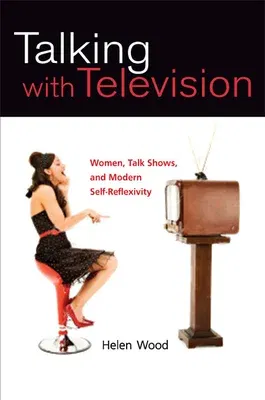Helen Wood
(Author)Talking with Television: Women, Talk Shows, and Modern Self-ReflexivityPaperback, 1 May 2009

Qty
1
Turbo
Ships in 2 - 3 days
In Stock
Free Delivery
Cash on Delivery
15 Days
Free Returns
Secure Checkout

Part of Series
Feminist Studies and Media Culture
Part of Series
Feminist Studies and Media Culture (Paperback)
Print Length
256 pages
Language
English
Publisher
University of Illinois Press
Date Published
1 May 2009
ISBN-10
0252076028
ISBN-13
9780252076022
Description
Product Details
Author:
Book Format:
Paperback
Country of Origin:
US
Date Published:
1 May 2009
Dimensions:
22.35 x
14.99 x
1.27 cm
Genre:
Feminine
ISBN-10:
0252076028
ISBN-13:
9780252076022
Language:
English
Location:
Urbana-Champaign, IL
Pages:
256
Publisher:
Weight:
340.19 gm